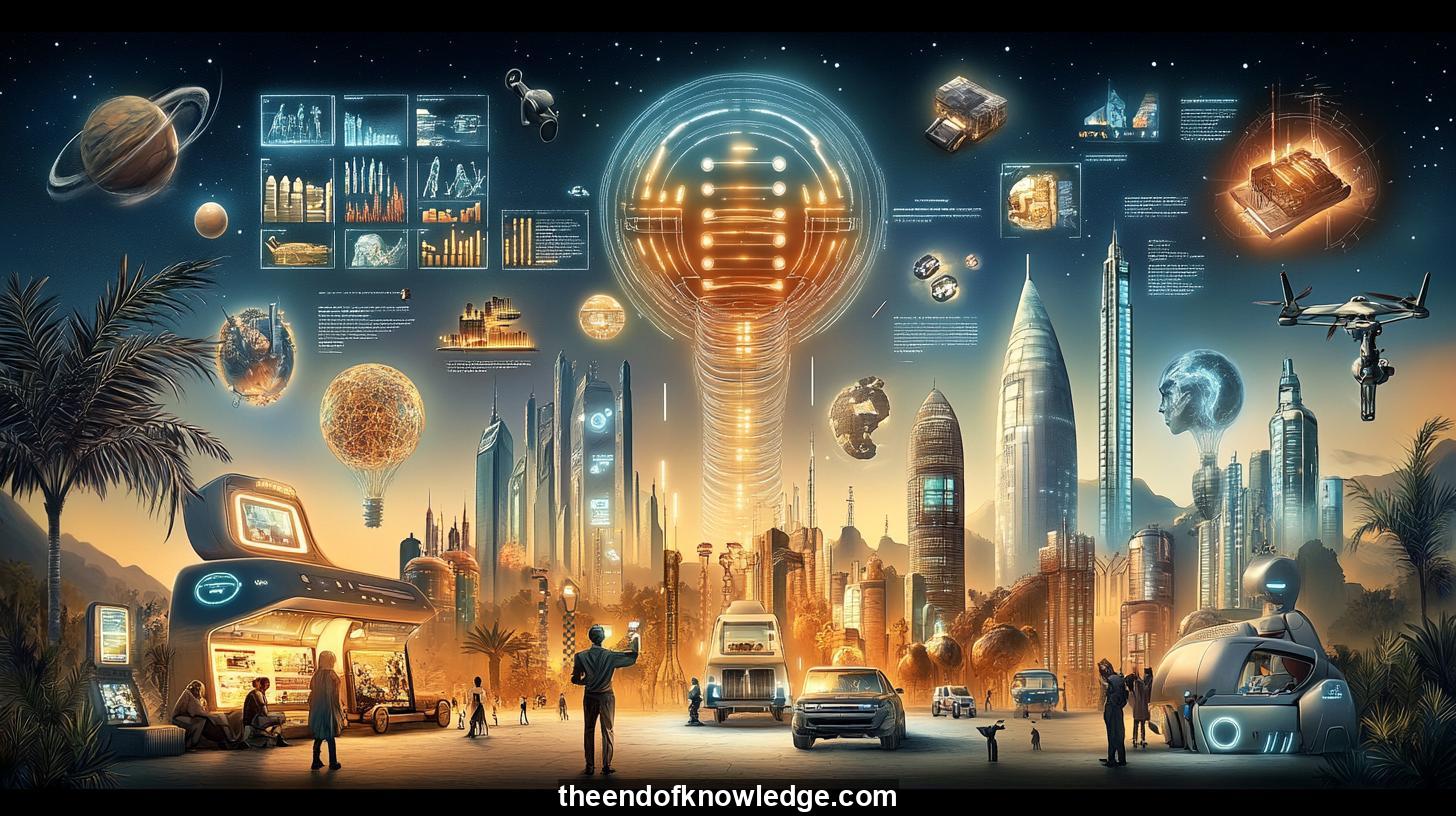 >
>
Concept Graph, Resume & KeyIdeas using DeepSeek R1 :
Resume:
The discussion revolves around the evolution and future of smart cities, emphasizing the integration of artificial intelligence (AI) and other technologies to enhance urban living. Historically, smart cities focused on sensors and centralized control systems, but AI has revolutionized this by enabling real-time data processing, predictive analytics, and autonomous systems. AI-driven solutions optimize traffic, energy use, and public services, making cities more sustainable and efficient. However, challenges such as data privacy, algorithmic bias, and regulatory frameworks must be addressed to ensure ethical and secure implementations. The future vision includes highly interconnected, sustainable cities with AI managing resources and services, though concerns about surveillance and societal impact remain. Ethical considerations and public-private collaborations are crucial for balancing innovation with human-centric values.30 Key Ideas:
1.- Smart cities historically relied on sensors and centralized systems for urban management.
2.- AI transforms cities through real-time data processing and predictive analytics.
3.- Autonomous vehicles and drones are expected to redefine urban mobility and logistics.
4.- AI optimizes energy consumption and traffic flow, promoting sustainability.
5.- Data privacy concerns arise with increased surveillance and data collection.
6.- Algorithmic bias in AI systems can perpetuate social inequalities if left unchecked.
7.- Regulatory frameworks struggle to keep pace with rapid technological advancements.
8.- Public-private partnerships are essential for effective smart city development.
9.- Ethical AI deployment ensures transparency and accountability in decision-making.
10.- Future cities may face ethical dilemmas balancing innovation and human rights.
11.- AI could enhance public safety through predictive crime mapping and resource allocation.
12.- Sustainable urban planning integrates AI for efficient resource management.
13.- Citizen empowerment through digital services fosters participatory governance.
14.- AI-driven smart cities aim to improve quality of life and urban accessibility.
15.- The convergence of AI and IoT creates a robust infrastructure for future cities.
16.- Autonomous systems in logistics reduce costs and environmental impact.
17.- Privacy laws must evolve to protect individual data in smart cities.
18.- AI ethics boards can mitigate risks associated with autonomous decision-making.
19.- Urbanization trends necessitate innovative solutions for sustainable growth.
20.- AI fosters economic opportunities through data-driven urban development.
21.- Smart cities require infrastructure that supports AI and IoT integration.
22.- Public awareness and education are crucial for AI adoption in urban settings.
23.- AI can address urban challenges like pollution and resource scarcity effectively.
24.- Collaborative governance models enhance the implementation of smart city initiatives.
25.- The future of smart cities lies in harmonizing technology with human needs.
26.- AI enables personalized services, improving citizen satisfaction and engagement.
27.- Data sovereignty and ownership are critical issues in smart city ecosystems.
28.- AI systems must be designed with inclusivity to serve diverse urban populations.
29.- Continuous monitoring and evaluation ensure the ethical use of AI in cities.
30.- Smart cities represent a paradigm shift towards a technologically driven urban future.
Interviews by Plácido Doménech Espí & Guests - Knowledge Vault built byDavid Vivancos 2025